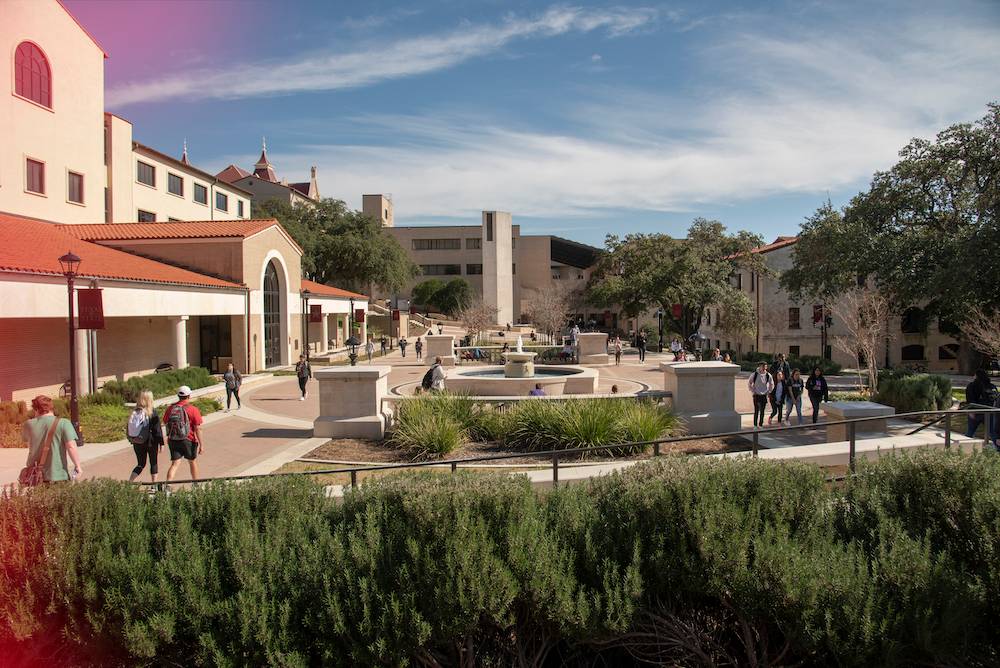Biography and education
Ludim Pedroza is Associate Professor of Musicology in the School of Music at Texas State University, San Marcos. Ludim studies the crossroads between music and various forms of Western idealism. Their article “Merengue Meets the Symphony Orchestra” (American Music, 2014) investigates the place of Latin American dance genres in the Progressivist idealism of the Los Angeles Hollywood Bowl. Their pieces on El Sistema examine the history of Venezuela’s system of orchestral education and its parallel platforms with the Romantic Idealism of the U.S. music academy [“Music as Life-Saving Project,” Symposium, 2014; “Of Orchestras, Mythos, and the Idealization of Symphonic Practice,” Latin American Music Review, 2015]. “Music as Communitas” (JMR, 2010) traces the historical formation of the concept of the musical work to Franz Liszt and Clara Schumann’s individual brands of Romantic Idealism.
At present, Ludim investigates the words and metaphors musicians and scholars invest on the experience of musics rich in percussiveness—musics long excluded by the idealisms of the music academy. In their presentation “Of Pantofonía, Psychology of Music, and The Heterogenous Sound Ideal” (AMS 2022), Ludim argued that many Afro-Caribbean musics epitomize textures in which plurality of timbre is a pivotal aesthetic result. Musicians build this pantofonía with a broad spectrum of sound—piano, strings, winds, brass, voices, skins, woods, metals, shouting, clustering, and more. Salsa lore documents metaphors—masacote, stew, washing machine—suggestive of how salsómanes (genre aficionados) reformulate these acoustic scenes as irreducible auditory scenes—as composite tone color mosaics, in the words of Olly Wilson (1937-2018). Ludim’s work goes on to critique the scientific discourses we project onto percussiveness and timbral heterogeneity, to identify how musicians and music scientists bolster dualities that are ripe for scrutiny (e.g. music vs. noise, human vs. nature), and to propose ethical pathways at the junctions between the arts and the sciences.
Ludim teaches sections of the post-classic-era undergraduate music history courses, as well as graduate courses in the music and aesthetics of the Caribbean, Mexico, and the United States.
At present, Ludim investigates the words and metaphors musicians and scholars invest on the experience of musics rich in percussiveness—musics long excluded by the idealisms of the music academy. In their presentation “Of Pantofonía, Psychology of Music, and The Heterogenous Sound Ideal” (AMS 2022), Ludim argued that many Afro-Caribbean musics epitomize textures in which plurality of timbre is a pivotal aesthetic result. Musicians build this pantofonía with a broad spectrum of sound—piano, strings, winds, brass, voices, skins, woods, metals, shouting, clustering, and more. Salsa lore documents metaphors—masacote, stew, washing machine—suggestive of how salsómanes (genre aficionados) reformulate these acoustic scenes as irreducible auditory scenes—as composite tone color mosaics, in the words of Olly Wilson (1937-2018). Ludim’s work goes on to critique the scientific discourses we project onto percussiveness and timbral heterogeneity, to identify how musicians and music scientists bolster dualities that are ripe for scrutiny (e.g. music vs. noise, human vs. nature), and to propose ethical pathways at the junctions between the arts and the sciences.
Ludim teaches sections of the post-classic-era undergraduate music history courses, as well as graduate courses in the music and aesthetics of the Caribbean, Mexico, and the United States.
Research Interests
Featured grants
- Pedroza, Ludim R (Principal). Concert and Workshop on Colombian music. International Guest Artists: The Guafa Trío., Texas State University, $2160. (Funded: October 2016). Grant.
- Pedroza, Ludim R. $2000. (Funded: 2014). Grant.
- Pedroza, Ludim R. $1000. (Funded: 2013). Grant.
- Pedroza, Ludim R (Principal). Library Research Grant, Texas State University, $2305. (Funded: November 2013). Grant.
- Pedroza, Ludim R. $900. (Funded: 2012). Grant.

Featured scholarly/creative works
- Pedroza, L. R. (2016). “The Joropo in Venezuela’s Musical Modernity: Cultural Capital in José Clemente Laya’s Sonata Venezolana.” Musicological Annual, 52, 51–72.
- Pedroza, L. R. (2015). “Of Orchestras, Mythos, and the Idealization of Symphonic Practice: The Orquesta Sinfónica de Venezuela in the (Collateral) History of El Sistema.” Latin American Music Review, 36, 68–93.
- Pedroza, L. R. (2014). “Merengue Meets the Symphony Orchestra: Interrogating Music as One and the Terrific Musical Experience at the Hollywood Bowl.” American Music, 32, 317–352.
- Pedroza, L. R. (2010). “Music as Communitas: Franz Liszt, Clara Schumann, and the Musical Work,.” Journal of Musicological Research, 29, 295-321.
- Pedroza, L. R. (2024). Review of J.Q. Davies’s “Creatures of the Air: Music, Atlantic Spirits, Breath, 1817-1913”3.”. Journal of the American Musicological Society. University of California Press. Retrieved from https://online.ucpress.edu/jams/issue/77/2
Featured awards
- Award / Honor Recipient: College Achievement Award for the Presidential Award for Excellence in Teaching, College of Fine Arts and Communication, Texas State University. January 1, 2014 - August 1, 2014
- Award / Honor Recipient: Presidential Teaching Award nomination, University of the Incarnate Word. 2009

Featured service activities
- Co-Chair
Ecomusicology Study Group for the American Musicological Society
- Reviewer / Referee
Oxford University Press
- Member
Search Committee Member for Assistant/Associate Professor of Piano
- Chair
Musicology Area Coordination
- Member
Graduate Music Committee
- Member
Personnel Committee

